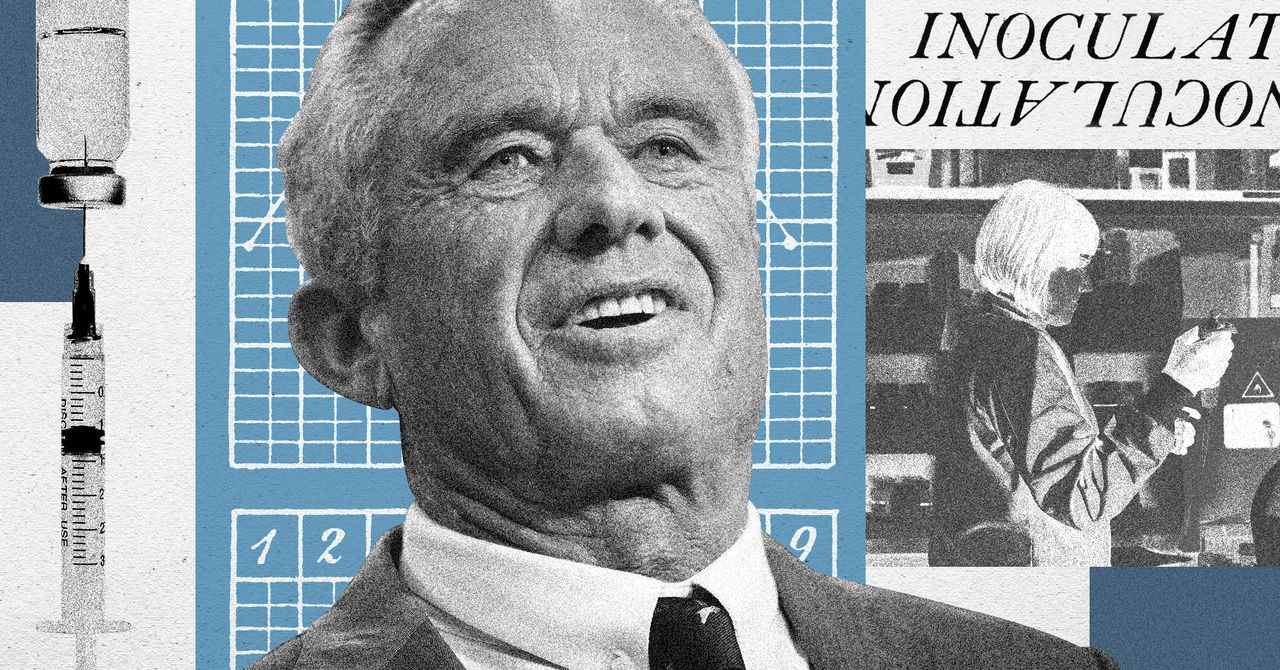Tiba Biotech, a targeted recipient, had a $750,000 contract with BARDA set to end on October 30. They were developing an RNAi-based therapeutic for H1N1 influenza, known as swine flu. RNA interference (RNAi) involves small RNA pieces that can inhibit specific protein production—several RNAi drugs exist, with the first approved in 2018 for nerve damage due to hereditary transthyretin-mediated amyloidosis.
The contract cancellation surprised Tiba, which received a stop-work order on August 5 without mentioning BARDA’s mRNA vaccine development wind-down. “Our project does not involve mRNA product development and is therapeutic rather than a vaccine,” said Jasdave Chahal, Tiba’s chief scientific officer, via email.
Government contracts typically include milestones that contractors must meet to receive funding and progress. Tiba claims to have met its goals and was near completion.
Among the canceled contracts was a $750,000 award to Emory University for converting an mRNA-based antiviral treatment for flu and Covid into an inhaled dry powder. The project didn’t involve vaccine development. “We don’t have much insight on the grant cancellation,” Emory spokesperson Brian Katzowitz told WIRED in an email.
The cuts align with Kennedy’s goal to deprioritize infectious disease research, though experts warn they could heighten US vulnerability to future pandemics.
Despite scaling down RNA-related infectious disease research, the administration shows interest in non-Covid mRNA research.
In January, President Trump announced a joint venture of OpenAI, Oracle, and SoftBank called Stargate, investing up to $500 billion in AI infrastructure. Oracle CEO Larry Ellison discussed AI’s potential to create personalized mRNA-based cancer vaccines.
In an August 12 op-ed in The Washington Post, NIH director Jay Bhattacharya acknowledged mRNA’s promise. “I do not dispute its potential. In the future, it might deliver breakthroughs in treating diseases like cancer, and HHS continues investing in ongoing oncology and other complex disease applications research,” he wrote.
Unlike his boss, Bhattacharya says he does not believe mRNA vaccines have caused widespread harm but notes the platform has lost public trust. Yet, mRNA might be more accepted for treating severely ill patients with genetic disorders.
Earlier this year, FDA regulators approved a customized gene-editing treatment for KJ Muldoon, an infant with a rare, life-threatening liver disease. Created in just six months, it uses mRNA to transport gene-editing components to his liver, marking the first successful customized gene-editing treatment.
In June, FDA commissioner Marty Makary praised the achievement on his podcast, calling it “kind of a big win for medical science.” At an FDA roundtable, Makary stated the agency will continue facilitating the regulatory process for these products.
The researchers behind the gene-editing treatment plan to use the approach for more patients and recently met with the FDA about a clinical trial proposal. “The FDA was very positive about the proposal and effectively gave us the green light to proceed,” says Kiran Musunuru, a professor of translational research at the University of Pennsylvania and Children’s Hospital of Philadelphia.
The team has another meeting with the FDA soon to discuss broadening the platform beyond a single disease or gene to more disorders. “We’ll see how that goes,” he says.

